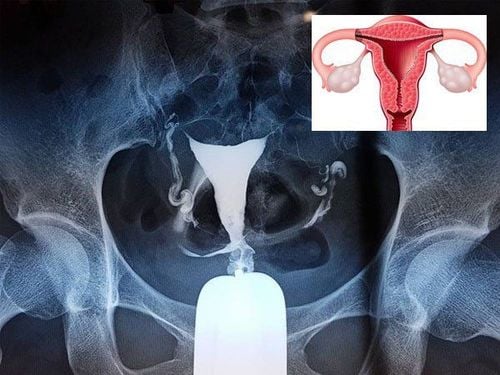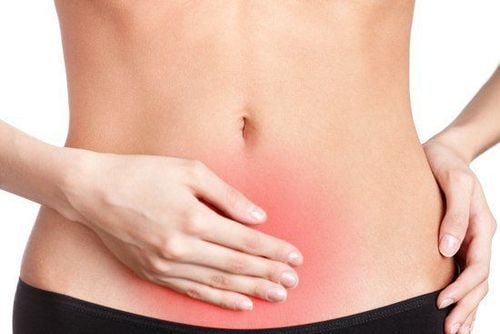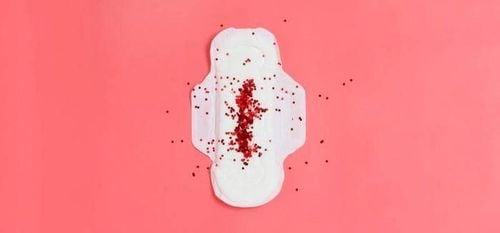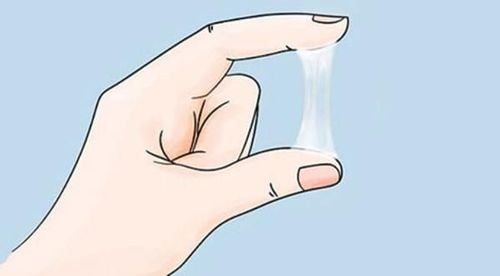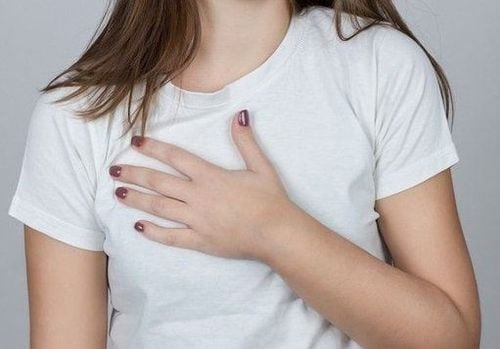This is an automatically translated article.
The article was professionally consulted by Doctor Department of Obstetrics and Gynecology, Vinmec Hai Phong International General Hospital.
Entering puberty, changes in the body can affect the psychology of girls. In particular, the phenomenon of menstruation is definitely one of the focus causing anxiety. The questions answered will help the baby better understand the menstrual cycle and problems that occur during menstruation, thereby helping to take better care of themselves.
1. Is irregular menstrual cycle cause for concern?
Irregular menstrual cycles are not a cause for concern, especially during the first few years of menstruation. Causes of irregular periods can be due to prolonged psychological stress, physical activity, disease factors, and excessive weight gain or loss. This phenomenon can also occur while you are pregnant. If you don't have periods for more than 2 consecutive periods, you should see your doctor for advice.
2. Are tampons the cause of toxic shock syndrome (TSS)?
Tampons rarely cause toxic shock syndrome (TSS). To reduce the chance of infection, you should change tampons every 4 hours or when dirty. You should also choose good quality sanitary napkin products. If you have a fever, chills, diarrhea, nausea, or a rash 2 to 3 days after your period starts, you should see your doctor right away.
3. How much blood during menstruation is excessive?

The amount of bleeding during menstruation is not as much as many people think. The amount of blood lost after each menstrual cycle ranges from 3 to 4 tablespoons of blood. If the bleeding is so heavy that you have to use 10 pads a day or use 1 pad an hour, see your doctor.
4. How many days does menstruation last?
For most women, period lasts for 3 - 5 days. You don't need to worry if it's not in the above range because a normal menstrual cycle lasts from at least 2 days to as long as 7 days. If you are outside for about 2-7 days, you need to see a doctor for an examination.
5. Why are tampons in different sizes?
Tampons are designed differently based on the amount of menstrual bleeding in each person's menstrual period. Super absorbent bandages and large sizes are suitable for people with heavy menstrual bleeding, those with less permeability, smaller sizes are suitable for people with less menstrual bleeding. Therefore, you should choose the type of tampon based on the amount of menstrual blood. You should change tampons every 4 hours and use separate pads at night to reduce bacteria growth.
6. Is it possible to get pregnant during menstruation?
You can still get pregnant if you have sex during your period. To minimize your chances of getting pregnant, you should see your doctor for advice on safe birth control methods at any time of the month. You should also have a gynecological exam and consult your doctor to protect yourself from sexually transmitted diseases (STDs).
7. How to relieve pain during menstruation?
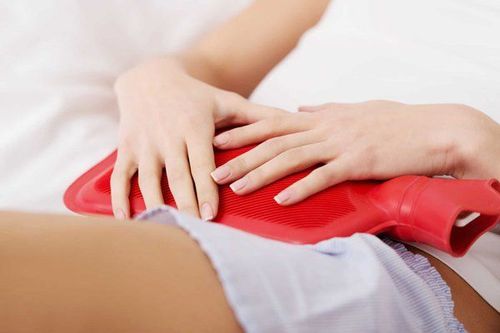
To relieve pain during menstruation, you can use the following ways:
Take pain relievers: Some preferred pain relievers include Acetaminophen, Ibuprofen and Naproxen; Use warm compresses on the lower back and stomach area; Shower with warm water; Increase green vegetables, fruits and avoid using stimulants such as tobacco, coffee.
8. Why do you feel edema during menstruation?
During menstruation, more water is retained in the body making you feel bloated. To drain water out of the body, you should choose a low-salt diet and should not drink coffee.
9. Should you use high absorbency tampons?
A woman's vagina is very sensitive, so it is necessary to choose the right type of tampon. Choose strong or weak absorbent tampons depending on your daily menstrual blood volume. If tampons with high absorbency cause pain or allergies, do not continue to use them. Instead, you should choose a tampon with a lower absorbency.
10. Why do women crave junk food during menstruation?
Hormones are believed to be the main cause of cravings. You may crave sweet foods like ice cream, chocolate, and chips during your period. However, these are not healthy foods. Instead, you should choose other healthy foods like fruit, high-fat foods like salmon, nuts or avocados.
11. How to manage premenstrual symptoms (PMS)?
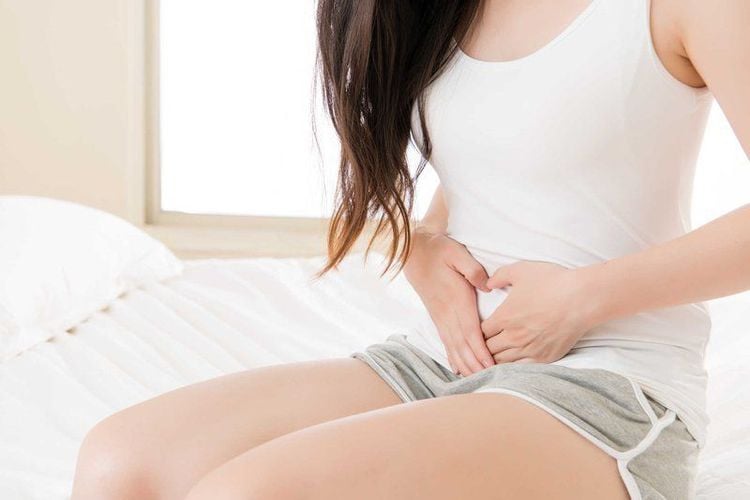
To reduce PMS symptoms, you should exercise, do not eat salty foods and drink less coffee during 1 week before your period. If you experience discomfort or pain beyond your control, you should see your doctor for an examination and advice. You can also ask your doctor about the use of medication.
12. Can still menstruating rule out pregnancy?
In rare cases, women can still menstruate early in pregnancy. So, if your bleeding is not normal or you feel nauseous or tired during your period, you should see your doctor for a health check-up that includes checking to see if you are pregnant.
Please dial HOTLINE for more information or register for an appointment HERE. Download MyVinmec app to make appointments faster and to manage your bookings easily.
Reference source: Webmd.com




